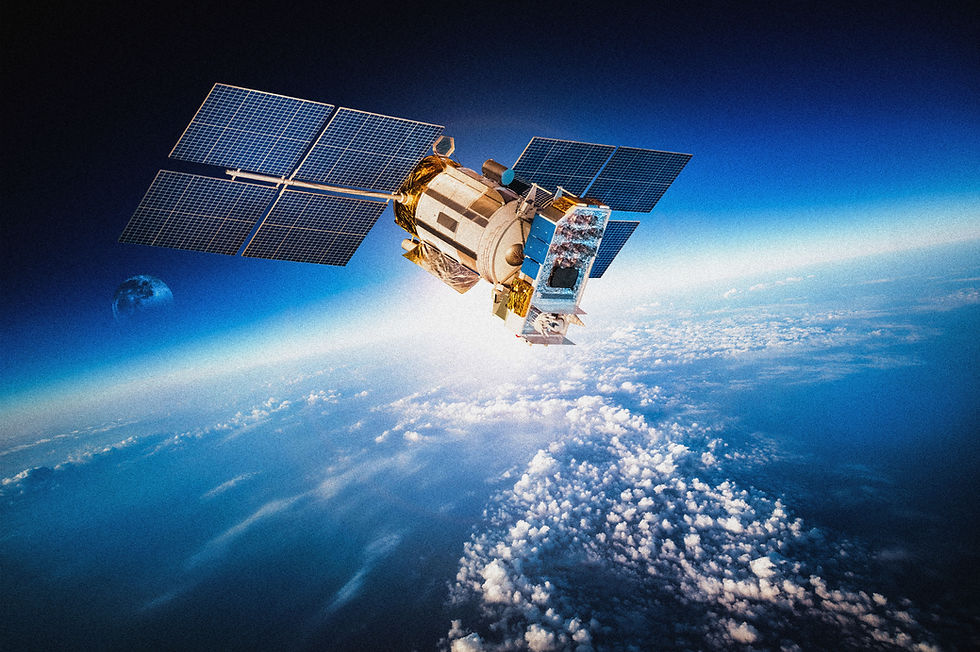Viasat-Inmarsat merger cleared
- DT Economics

- May 8, 2023
- 2 min read
Both Viasat and Inmarsat supply businesses globally with satellite connectivity that enables services such as the internet, email, and video calling – including for use on aircraft.
Last October, the Competition and Markets Authority (CMA) referred the deal to a Phase 2 review after its initial, Phase 1, inquiry identified concerns that warranted further investigation.
Since then, an independent CMA panel has gathered and analysed a wide range of evidence in order to understand the sector, as well as the potential impact of the merger. Amongst other things, this included a significant number of internal documents – from both the merging companies and their competitors – evidence from airlines; the CMA’s own analysis of sector conditions; and how these could change in the future.
In a Phase 2 review, the panel considers whether it is more likely than not that a deal will substantially lessen competition – a higher threshold than Phase 1. Accordingly, some mergers that are referred to Phase 2 will ultimately be cleared.
The evidence analysed by the panel shows that, while Viasat and Inmarsat compete closely– specifically in the supply of satellite connectivity for wifi on flights – the deal does not substantially reduce competition for services provided on flights used by UK customers.
The evidence also shows that the satellite sector is expanding rapidly – a trend that is set to continue for the foreseeable future. This is due to increased demand for satellite connectivity, driven largely by the ever-growing use of the internet by business and consumers.
A number of new operators have recently entered, or are planning to enter, the satellite communications sector to offer connectivity services for aircraft – these include Starlink, operated by SpaceX. Since the start of the CMA’s Phase 2 review, the firm has launched a significant number of new satellites into space and secured its first contract with a European airline (airBaltic).
Established players – including Panasonic and Intelsat – are also investing and entering into new sector partnerships. For example, both companies have signed agreements with recent entrant OneWeb, which completed its global satellite constellation last month, allowing them to use OneWeb satellites to enhance their own offerings to airlines.
Our managing partner, David Thomas, was a member of the Phase 2 inquiry group.

Further details on the CMA's case page:



Comments